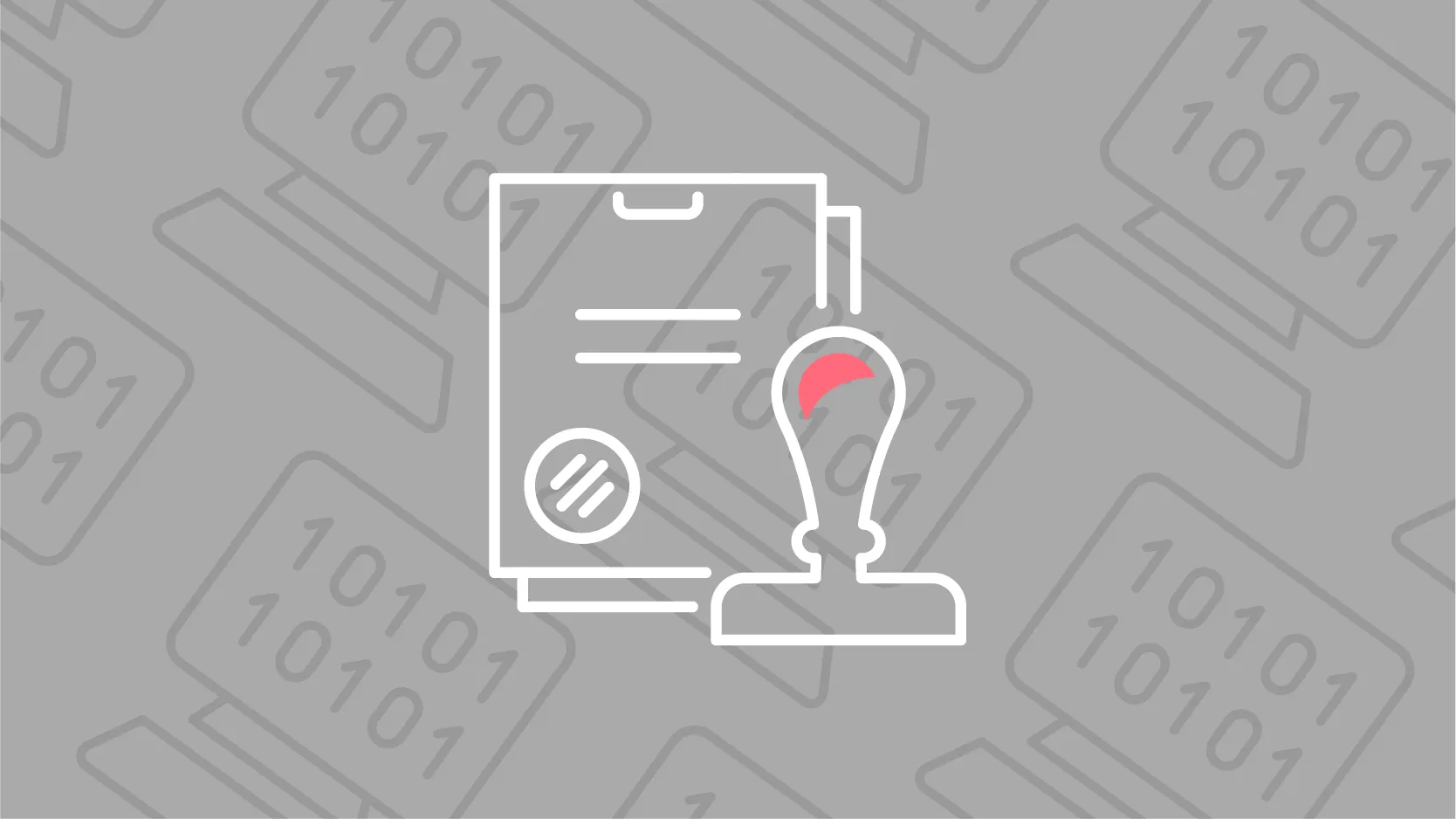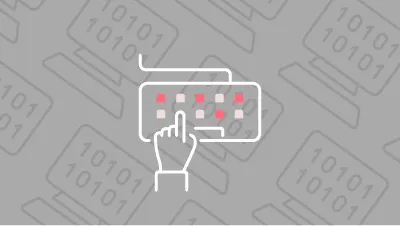The Specialist Diploma in Business Analytics (SDBA) and the Specialist Diploma in Financial Analytics (SDFA) are both designed to equip learners with essential data analytics skills, but they differ in focus and industry application. The SDBA is business-centric and emphasises the practical use of analytics to gain insights and support decision-making across a wide range of industries. It is especially suitable for individuals without a technical background, as it does not require programming knowledge. This programme is ideal for those who wish to apply data-driven thinking to improve business performance and contribute to strategic decision-making within their organisations.
In contrast, the SDFA is tailored specifically for the finance sector. It focuses on both traditional financial services and emerging Fintech business models, helping learners understand how to apply analytics within financial contexts. The programme prepares students to analyse financial data and extract insights that support roles in financial analysis, business intelligence, and Fintech innovation.
Both programmes offer strong career benefits. Graduates will gain in-demand analytical skills that enhance their ability to turn data into actionable insights, making them valuable assets in today’s data-driven economy. While the SDBA is best suited for those looking to apply analytics broadly across industries, the SDFA is more appropriate for individuals aiming to specialise in finance or Fintech-related roles.











